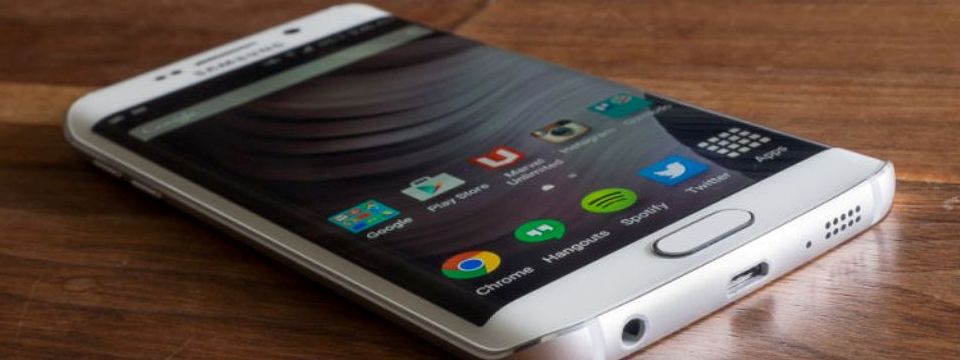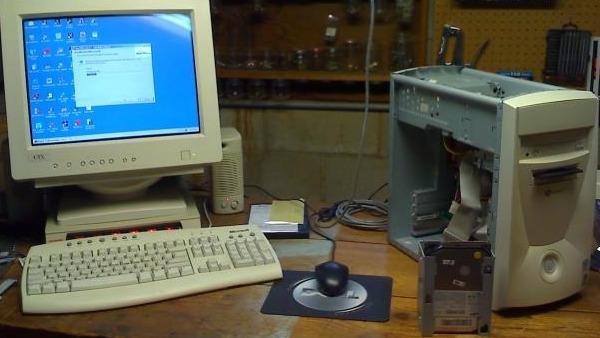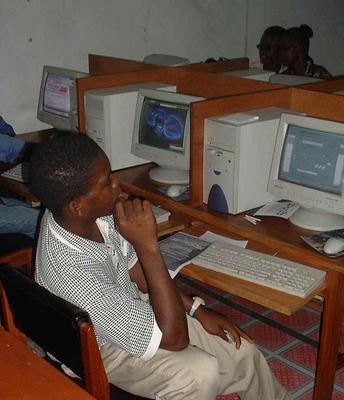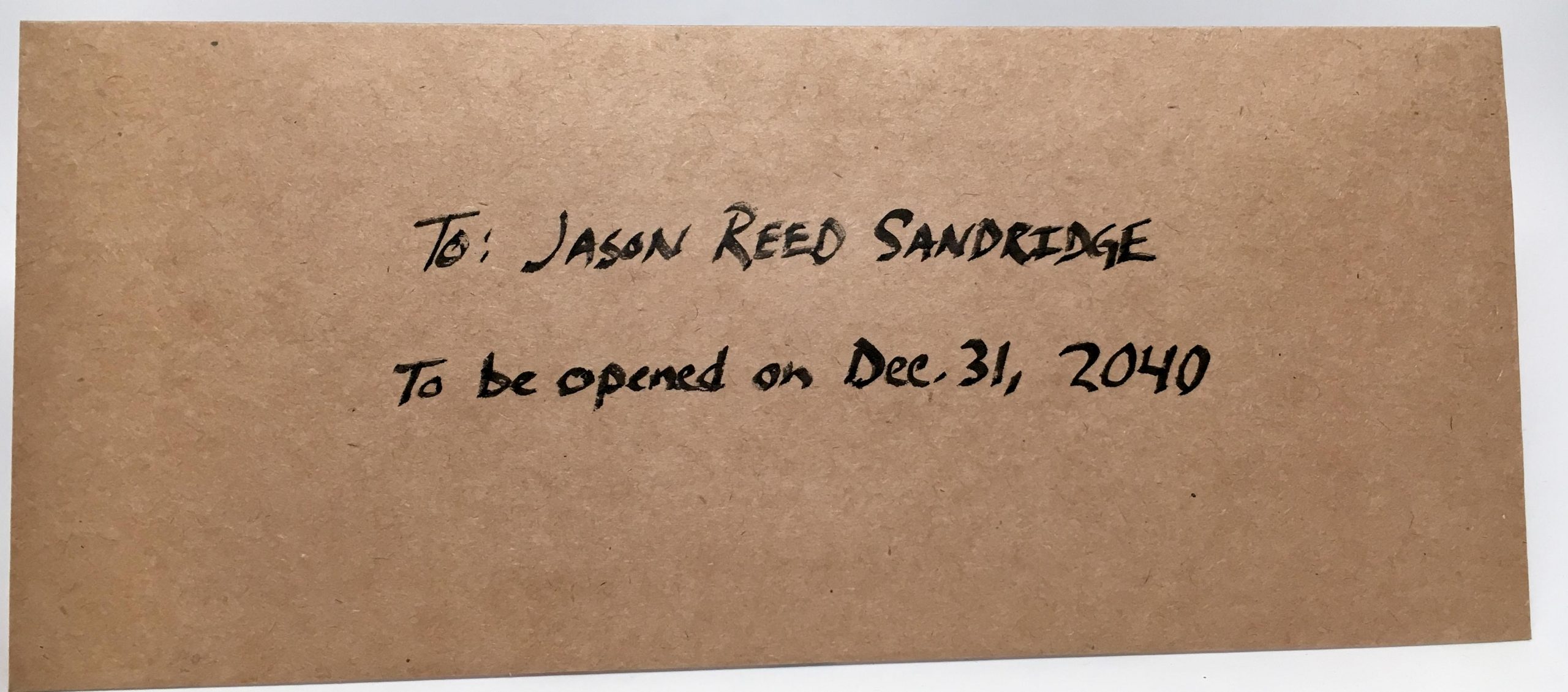It is needless to say technology is here to stay, but there is no gainsaying the fact that technology has affected our lives in diverse ways; to the extent that things we used to do, we do them no more.
When I was small, I have this world atlas I boast of and I have this Lagos state map with which I walked the length and breadth of Lagos with.
I can still remember licking a stamp to attach to my JAMB registration, but I have forgotten how it tasted.
You’ve probably seen more scrumptious two-minute recipe videos in the past week than you’ve consulted a cookbook your entire life.
We all know technology is making things easier and less time-consuming, but it’s hard to believe how much our devices have transformed the way we live.
Tasks and tools that once seemed routine now seem hopelessly out of date, and in only a few short years — indicative that the future technology will bring is ‘ungbikuable’!
Here is a list of 15 things we don’t do anymore because of technology; except you are yet to fully grab the essence of technology. Teenagers may shrug, but if you’re 25 years or older, you’ll probably smile with nostalgia.
How many phone numbers do you know by heart? Some people don’t even know their spouse’s numbers. Before our smartphones automatically stored our friends’ contact information, at best, we kept a diary, at worse, we resorted to cocktail napkins to scrawl down numbers, for fear we wouldn’t find that listing in the phone book. How times have changed.
-
Send a handwritten letter
It’s still wonderful to receive a postcard from faraway places. You might say that email, texting, Skype, WhatsApp, Facebook Messenger and the rests, have made handwritten letters even more special, if not obsolete. No one is forced to transcribe their thoughts by hand and drop those letters in a mailbox!
-
Call a family member to ask where they are
Find My Friends for iOS and Phone Tracker for Android, and also Google Device Manager are radical apps that help family members and close friends pinpoint each other’s precise location. There is more to what these apps can do than you can imagine.
-
Use a phone book to find a company to do work around your house
Once upon a time, people felt perfectly comfortable flipping through the Yellow Pages and randomly calling a plumbing company to fix their pipes. Maybe they’d consult friends for a recommendation, but they often relied on trial-and-error. Given technology, you can quickly read reviews of a local business on the Internet, and if you like what you read, you can tap their number and automatically dial.
-
Park your used car on the street with a sign that says “For Sale”
Parking your used car on the street with a sign that says “For Sale” is now far obsolete when the likes of olx.com and jiji.com can do the magic of selling your used items in matter of minutes.
-
Figure out math in your head
I used to fancy maths back in the days, but just like I will throw every other thing that doesn’t make sense at the moment aside, I have thrown maths somewhere long ago – yes, even one plus one. Calculators have been around for a long time now, but few of us ever carried calculators with us to the grocery store. In contrast, pretty much everyone with a smartphone has it available to do double-digit multiplication, no matter where or when we need it. In fact, there’s even an app called PhotoMath (available for iOS and Android for free) that can solve any equation just by taking a picture with your smartphone’s camera.
-
Telling time by hands on a clock
Analog clocks are teetering on extinction. Few people with smartphones bother with watches anymore unless they’re fashion statements or fitness trackers. With digital clocks dominating our computers and hardware, those 12-numeral timepieces may become pure novelties. Even your trusted alarm clock has received tech makeover.
Purists still love their dark rooms, because chemicals and photo paper can be so rewarding for the patient photographer. But few people pine for the days of dropping off rolls of film at a one-hour photo shop. Instead of pasting five-by-seven snapshots into your faux-leather album, most people will prefer the ease of photo-sharing services like Flickr, Instagram, or even Facebook.
-
Have a CD or record collection
Wasn’t it cool, back in the days, to walk into a shabby apartment and see those shelves of CDs? Wasn’t it a joy, to flip through boxes of vinyl records? Well, the mp3 generation has transferred all those songs to a digital index. Turntables have seen a resurgence in popularity, but it’s hard to imagine CDs making a comeback.
There was something so personal about a mix tape. We spent hours finding the right song, then lining up two cassettes in order to copy a song. So many lovers cemented their relationships using a blank tape and a few dozen favourite albums. Now, you can throw together a digital playlist in seconds.
-
Call a theatre to get movie times
Millions of people would rather buy a hit new movie on iTunes before it’s even finished in theatres, or rather use BitTorrent to steal some movies. But if we do decide to drive all the way to cinema and fork over some hard earned Naira for two tickets and popcorn, there’s no need to call ahead and find out what time a movie is playing. The Internet has everything we need. In Google, you can often just type “movie times” and the search engine will list films based on your location.
-
Run to the store for a last minute gift
Curses! You forgot a Mother’s Day gift! Should you change your whole schedule so you can rush to the store and hurriedly pick something out? If you have an Internet enabled smartphone, there’s no need. You can order same-day delivery and have that gift curried to your front door.
-
Cut things out of the newspaper
Many grandparents still love to buy newspapers, and when they find an article they like, they snip it out, put it in an envelope, and send that little slip of newsprint to a relative. “Thought you might find this interesting!” reads an accompanying note. But most of us don’t waste our time. Nearly every article in every major newspaper is archived online and can be instantly shared by email, social media, and even text message.
-
Looking up the spelling of words in the dictionary
Spellcheck is nearly as old as word processors, and many of us have grown up expecting Microsoft Word to underline our mistakes in red squiggles. But autocorrect takes this concept a step further, guessing what we actually intended to write and correcting our mistakes. This can be handy for clumsy thumbs, but it can be embarrassing when autocorrect guesses wrong.
Phone booths are so rare nowadays that you’d probably have an easier time just buying and activating a cheap cellphone. The last holdout may be your local airport, but even international travellers can usually nab a SIM card the moment they step off the plane.
If you think the list is incomplete, leave a comment.





